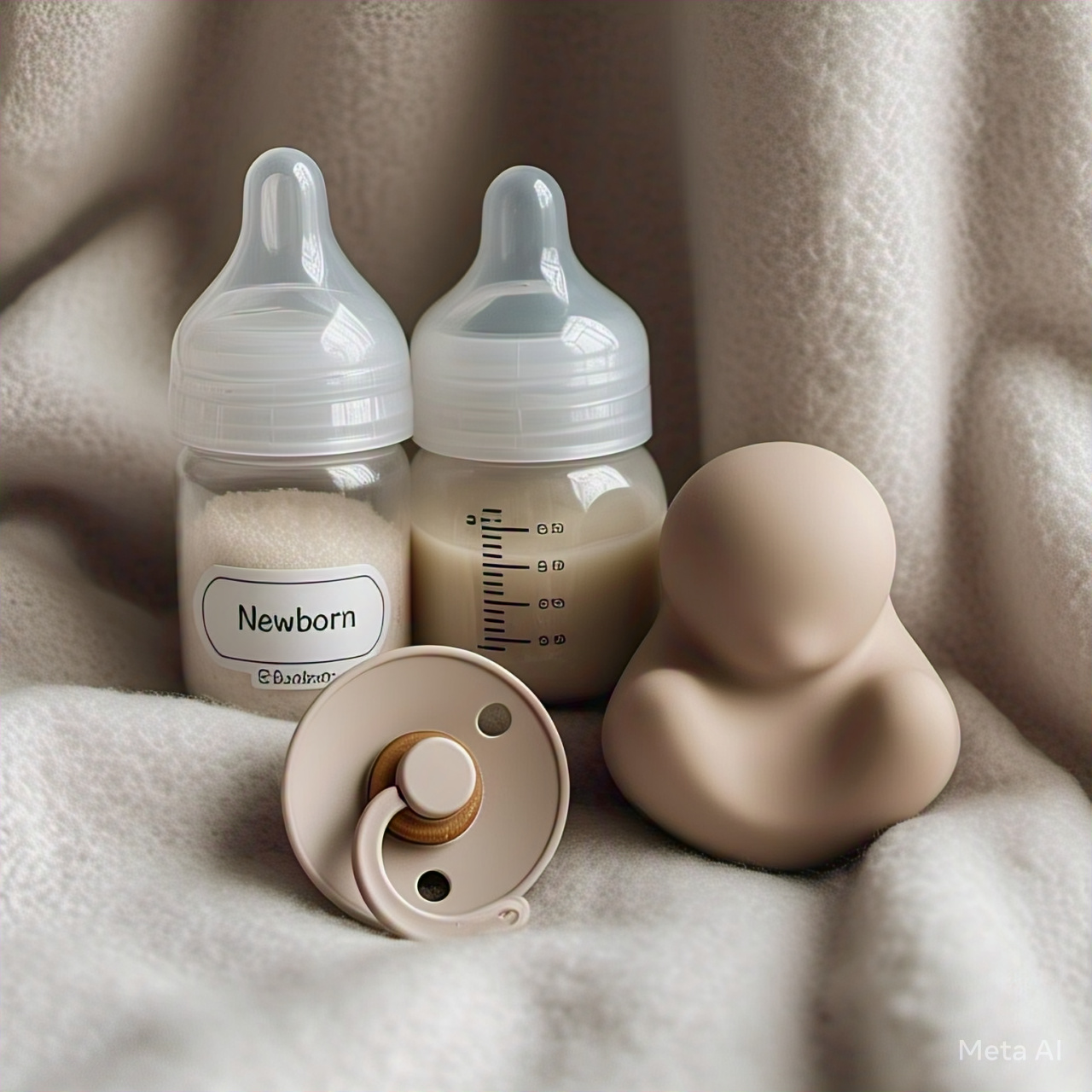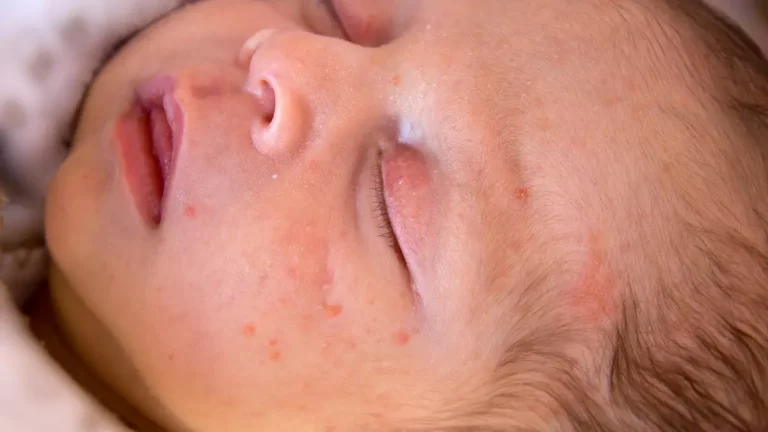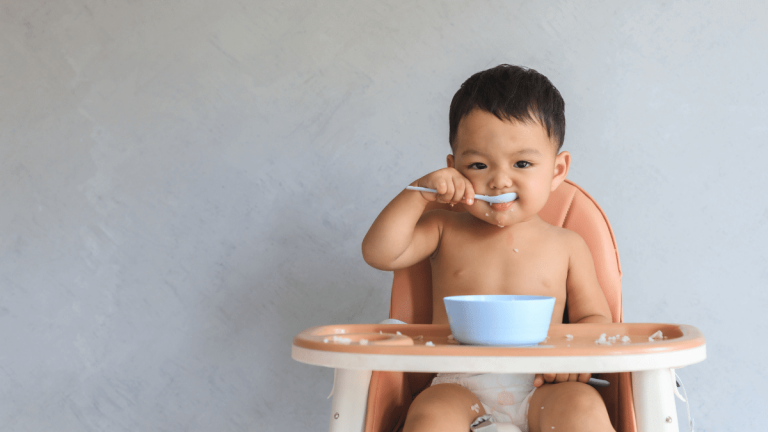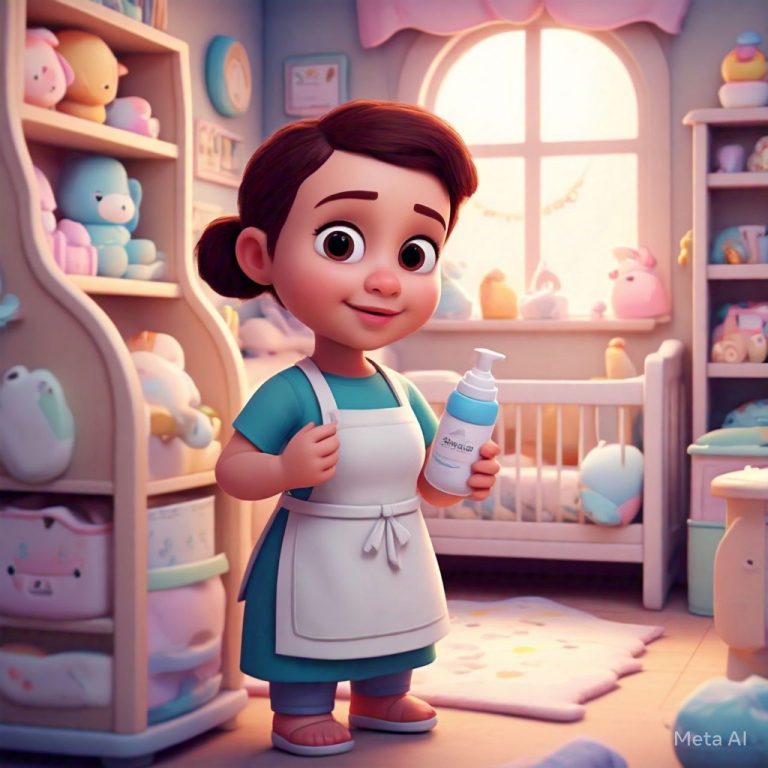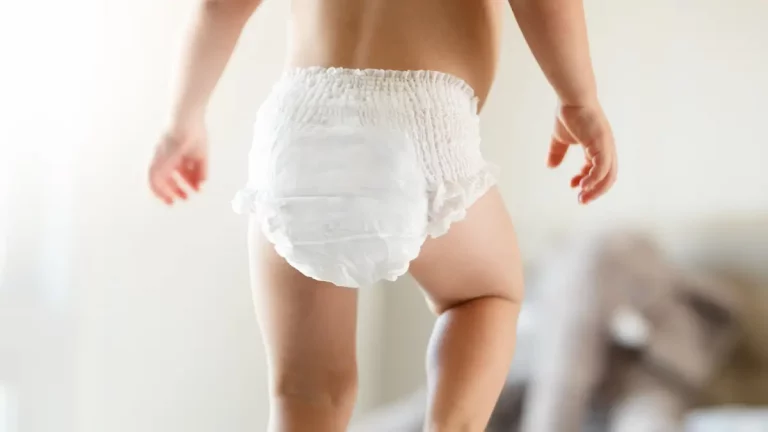Things to Avoid for Newborns: Ensuring a Safe Start for Your Baby
Bringing a newborn home is a joyous yet overwhelming experience for parents. Every decision, from feeding to skincare, plays a crucial role in your baby’s health and well-being. While there are countless baby products on the market, some may do more harm than good. Here are key things you should avoid for your newborn to ensure a safe and healthy start.
1. Pacifiers: Potential Risks to Consider
While pacifiers can soothe a fussy baby, they also come with potential drawbacks:
- Nipple Confusion: If introduced too early, pacifiers can interfere with breastfeeding, making it difficult for the baby to latch correctly.
- Ear Infections: Frequent pacifier use has been linked to an increased risk of ear infections.
- Dental Issues: Long-term pacifier use may cause dental misalignment and affect oral development.
- Weaning Challenges: Some babies become too dependent on pacifiers, making it harder to stop using them later.
If you are breastfeeding, wait until the baby is at least 4-6 weeks old before introducing a pacifier. Use it sparingly and always clean it properly to prevent infections.
2. Feeding Bottles: Delaying Them for Breastfeeding Success
Many parents turn to feeding bottles early on, but they may not always be the best choice.
- Breastfeeding Disruptions: Bottles can lead to nipple confusion, making it harder for newborns to breastfeed effectively.
- Risk of Overfeeding: Unlike breastfeeding, where the baby self-regulates intake, bottle-feeding may encourage overfeeding.
- Hygiene Concerns: Improper cleaning of bottles and nipples can lead to bacterial infections.
What to do instead? If possible, prioritize direct breastfeeding. If supplementation is needed, consider using a spoon or paladai under a pediatrician’s guidance.
3. Talcum Powder: A Hidden Respiratory Hazard
Many parents use talcum powder to keep their baby’s skin dry, but it can pose serious health risks:
- Respiratory Issues: Talc particles are fine and easily inhaled, which can cause breathing problems and lung irritation.
- Allergic Reactions: Some babies develop rashes and allergies from scented powders.
- Cancer Concerns: Some studies have linked talc-based powders to potential long-term health risks.
What to do instead? Use a soft cotton cloth to pat the baby’s skin dry instead of using powder.
4. Kajal (Surma): Tradition vs. Safety
In many cultures, applying kajal to a baby’s eyes is believed to improve vision or ward off the evil eye. However, it poses significant health risks:
- Infections: Applying kajal can introduce bacteria into the baby’s eyes, leading to infections.
- Toxic Ingredients: Many kajal products contain harmful substances like lead, which can be toxic if absorbed into the baby’s system.
- Tear Duct Blockage: Thick kajal can clog tear ducts, causing eye irritation and discomfort.
What to do instead? Avoid applying kajal to your baby’s eyes. If you are concerned about eye health, focus on good nutrition and proper hygiene.
5. Honey: A Strict No for Babies Under One Year
Many parents use honey as a natural remedy for colds or to soothe a baby’s gums, but it should be strictly avoided:
- Risk of Botulism: Honey can contain Clostridium botulinum spores, which can cause a rare but serious illness in infants.
- Immature Digestive System: A newborn’s gut is not developed enough to process honey safely.
What to do instead? Stick to breast milk or formula for the first six months. For cough relief, try offering warm water (for babies older than six months) or consult a pediatrician.
6. Pillows, Soft Bedding, and Loose Blankets: SIDS Risk
Soft bedding might seem comfortable, but it increases the risk of Sudden Infant Death Syndrome (SIDS):
- Suffocation Hazard: Newborns lack the ability to move their heads away from soft bedding, increasing the risk of suffocation.
- Overheating: Heavy blankets and pillows can cause overheating, another factor linked to SIDS.
What to do instead? Place your baby on a firm mattress with a fitted sheet. Use a lightweight swaddle or a sleep sack instead of loose blankets.
7. Over-the-Counter Medications: Only Use When Prescribed
Many parents try to self-medicate their babies for minor issues, but this can be dangerous:
- Incorrect Dosage: Babies are extremely sensitive to medications, and even a slight overdose can be harmful.
- Allergic Reactions: Some medications contain ingredients that can trigger allergies or adverse effects.
- Liver/Kidney Strain: Newborns’ organs are still developing and may not process medications effectively.
What to do instead? Always consult a pediatrician before giving any medication, even herbal or home remedies.
8. Excessive Bathing: Disrupting Natural Skin Barrier
While hygiene is essential, bathing a newborn too frequently can strip away natural oils:
- Dry Skin & Irritation: Frequent baths can lead to dry, flaky skin.
- Increased Sensitivity: Newborn skin is delicate and prone to irritation from soaps and shampoos.
What to do instead? Bathe your newborn 2-3 times a week and use mild, fragrance-free baby cleansers. Focus on cleaning diaper areas and skin folds daily with a damp cloth.
As new parents, it’s natural to want the best for your baby. However, avoiding certain products and practices can help keep your newborn safe and healthy. Always prioritize expert advice and choose safe, baby-friendly alternatives for their well-being. By making informed choices, you can give your little one the best start in life!
